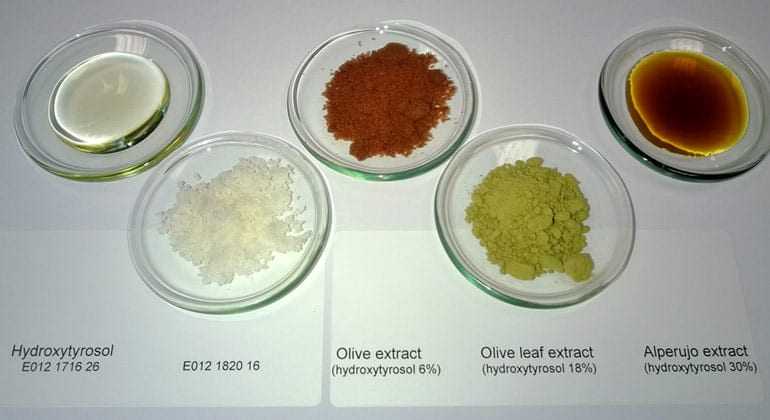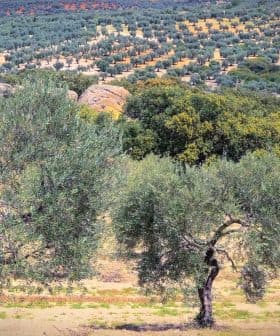How The Olive Compound Hydroxytyrosol Helps Stop Infections
Spanish scientists have filed a patent application for using a compound found in olives, hydroxytyrosol, to disrupt bacterial quorum sensing and make infections less virulent. The compound and its derivatives have shown promise in preventing and treating bacterial infections, including those caused by Campylobacter, E. coli, Salmonella, and Staph.
A compound found naturally in olives helps fight bacterial infections, according to an international patent application by Spanish scientists.
They say hydroxytyrosol and derivatives of it can disrupt quorum sensing (QS) – a way in which bacteria ‘talk’ to each other – thereby making infections less virulent. With antibiotic resistance increasing, this is seen as a promising way of treatment.
Madrid-based patent applicant Seprox Biotech, which sells hydroxytyrosol (HT), claims that HT and its derivatives hydroxytyrosol acetate (HTA) and 3,4‑dihydroxyphenylacetic acid (DOPAC) have good anti-QS activity, making them useful for preventing and treating many kinds of infections.
Potential usage
It said in its application that in vivo uses could include pharmaceutical preparations for the treatment of bacterial infection. Ex vivo uses include in the manufacture of food, food packaging, medical devices and pharmaceutical compositions, including application to or use in the making of surfaces – such as in medical devices and foods or food packaging – to inhibit formation of bacterial biofilm.
Biofilm formation – where microorganisms latch onto a surface – is a big issue amid increasing use of implants, artificial heart valves and so on, but can be extremely resistant to removal and disinfection, it said.

Wide range of bacteria covered
Titled “Use of hydroxytyrosol and derivatives thereof as quorum quenchers,” the World Intellectual Property Organization patent application lists a wide range of bacterial species for which hydroxytyrosol and its derivatives could be used as quorum quenchers.
These include forms of Campylobacter, E. coli, Salmonella and Shigella – often culprits in food-borne illness – and three types of Staph.
The application describes tests of HT, HTA and DOPAC on several common infectious bacteria and validation against the QS biosensor strain C. violaceum. These led to the conclusion that while the tested compounds can’t be considered effective antimicrobial agents for the tested strains (as very high concentrations are needed), they did demonstrate QS inhibitor capacity.
Seprox Biotech said the formulas which are the subject of its patent application can be synthetic or extracted from their natural source, in which case a high level of purity is needed.
Hydroxytyrosol can be found in the leaves and fruits of the olive tree, and in extra virgin olive oil, and is especially abundant in olive oil mill wastewater, from where it can be recovered, it said.









